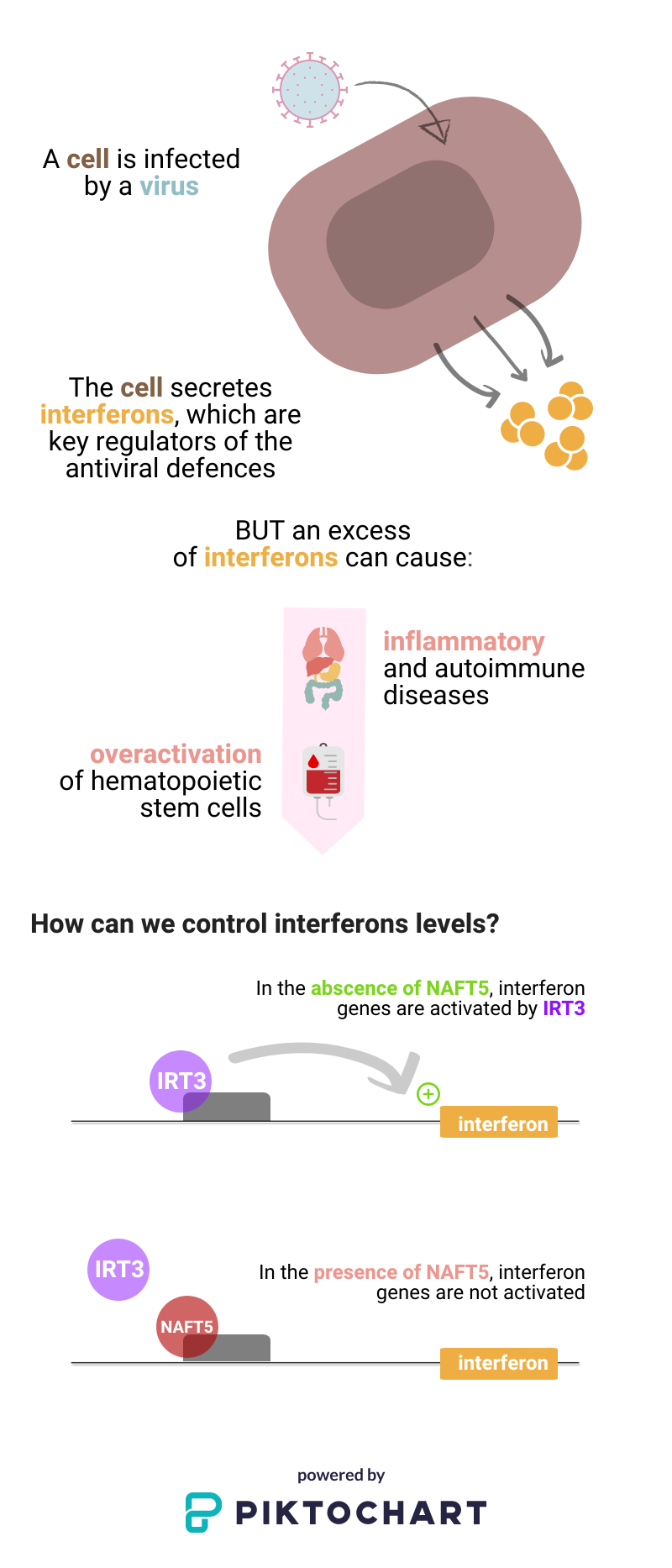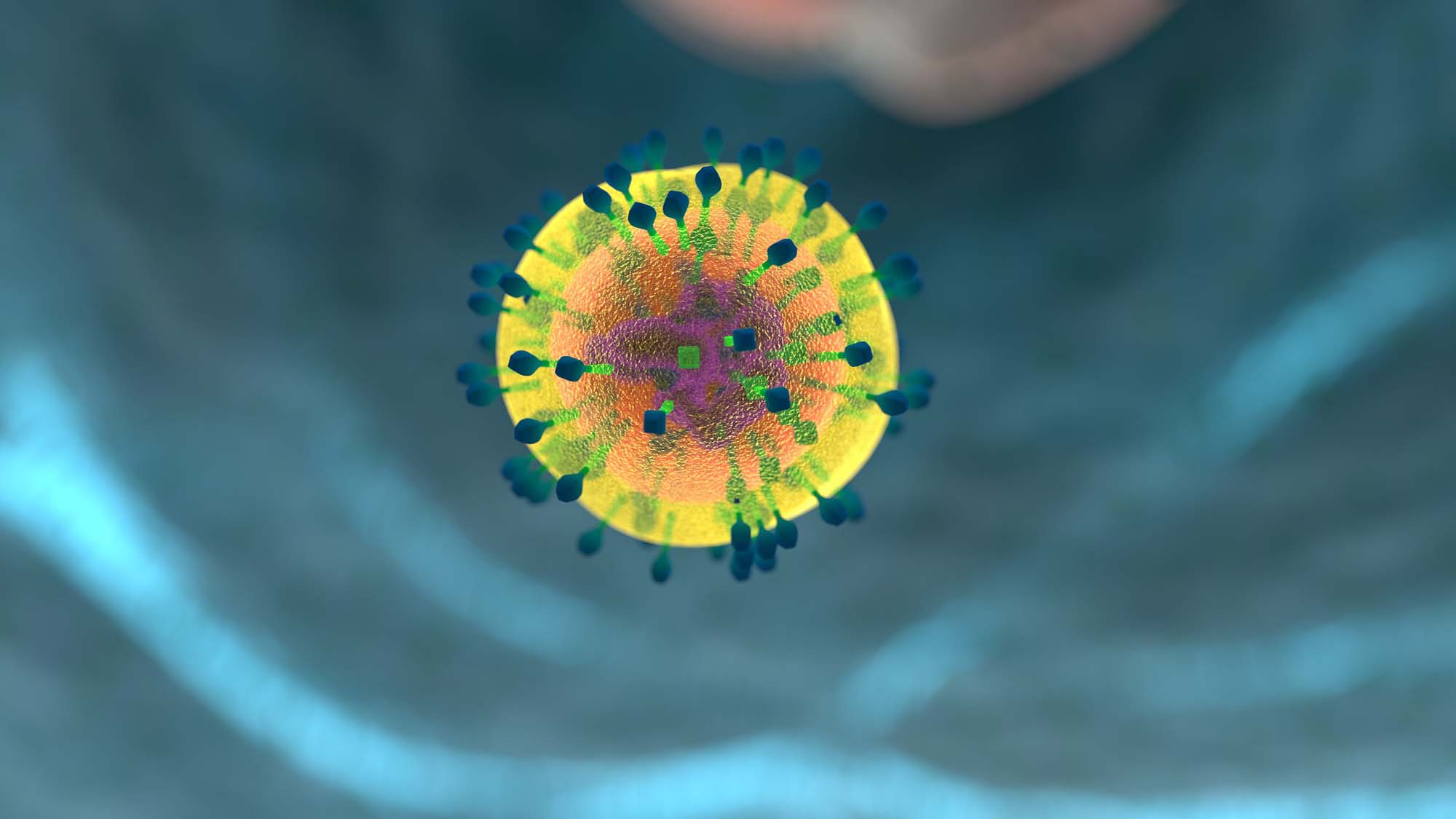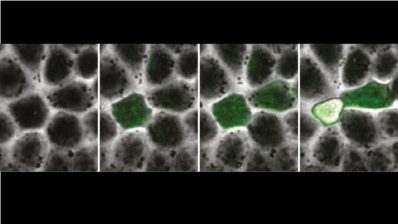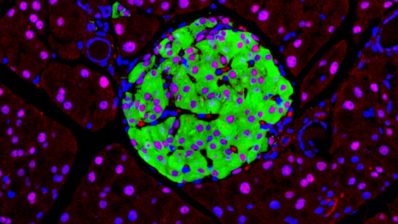When a cell is infected by a virus, it secretes interferons, which are key regulators of the antiviral defences. But these ‘heroes’ can be too much of a good thing: an excess of interferons can cause inflammatory and autoimmune diseases. It can also cause an overactivation of hematopoietic stem cells, which could lead to their depletion (stem cells need to be quiescent, that is resting in a ‘reserve’ mode, ready to activate themselves when new cells are needed).
It is therefore essential to finely regulate the expression of interferons.
The collaboration of two research groups at the Department of Experimental and Health Sciences, Pompeu Fabra University (DCEXS-UPF) – one led by Cristina López-Rodríguez and Jose Aramburu and the other by Andreas Meyerhans – has recently led to the discovery of a new element in this intricate regulation of interferons. Using NFAT5 knock-out mice they found that this molecule, known to activate the expression of many inflammatory genes, actually inhibits the expression of interferon.

Hector Huerga, first author and at the time a PhD student at the DCEXS, says: “We found that NAFT5 binds to the interferon regulatory region in the same area where IRF3, an inducer of interferon, usually binds”. Therefore, NAFT5 competes with IRF3 for the same region, and this competition is what controls the levels of interferon, ensuring an answer to the viral attack without compromising the blood stem cells reserve.
Huerga, currently doing a postdoc at the Crick Institute in London, adds: “We often find that it is necessary for any immune response to have a ‘brake’ that can prevent it from being excessive. This is a way to protect ourselves from diseases caused by the overproduction of inflammatory mediators”.
The study was done using mice as animal models, as well as human cell cultures.
Hector Huerga Encabo, Laia Traveset, Jordi Argilaguet, Ana Angulo, Estanislao Nistal-Villán, Rahul Jaiswal, Carlos R. Escalante, Christos Gekas, Andreas Meyerhans, Jose Aramburu, Cristina López-Rodríguez; The transcription factor NFAT5 limits infection-induced type I interferon responses. J Exp Med 2 March 2020; 217 (3): e20190449.DOI: 10.1084/jem.20190449







